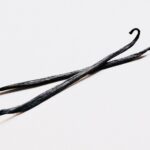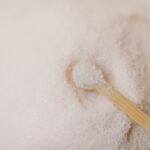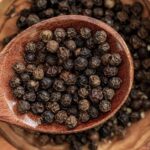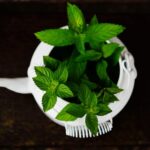Yes, dogs can safely eat dill in moderation. The herb contains antioxidants and important nutrients for a dog’s diet. Adding a little amount to a dog’s food can have immense benefits. However, too much dill can lead to digestive issues in dogs.
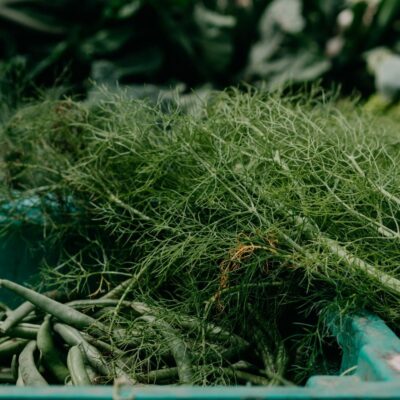
Safe: This food is generally considered safe by the veterinary community. Dogs can eat this food sometimes or in small amounts but contains little to no nutritional value.
| Food Safety | Safe in moderate amounts. |
| Nutritional Value | Dill contains many vitamins and minerals that are essential for your dog, such as calcium, magnesium, iron, vitamin, and vitamin C. The antioxidants in the herbs also increase cancer-fighting enzymes in the body. It also helps alleviate gas and bloating in dogs. |
| Potential Risks | Eating too much dill can lead to digestive issues, resulting in vomiting and diarrhea. When rubbed on a dog’s skin, dill essential oil can trigger an allergic reaction. |
How Much Dill is Safe for Dogs?
Like any food, dill is also beneficial to dogs if served in moderation. A few sprigs of fresh dill or a tablespoon of dried dill added to your dog’s regular meals is ideal for dogs.
How to Feed Dill to Your Dog?
Dill can be given to your dog in many forms, and you can choose the one that suits you and your dog. You feed a few fresh sprigs of dill to your dog. If your dog does not enjoy eating raw dill, you can always add a tablespoon of dried dill to its regular meals. Apart from that, you can also make dill seed tea for your dog.
Frequently Asked Questions
-
Yes, it is perfectly safe for dogs to eat raw dill.
-
Dogs can eat dill pickles, but it is not necessarily healthy for them due to their high sodium content. We suggest adding fresh dill to your dog’s diet to reap the benefits of the herb.
